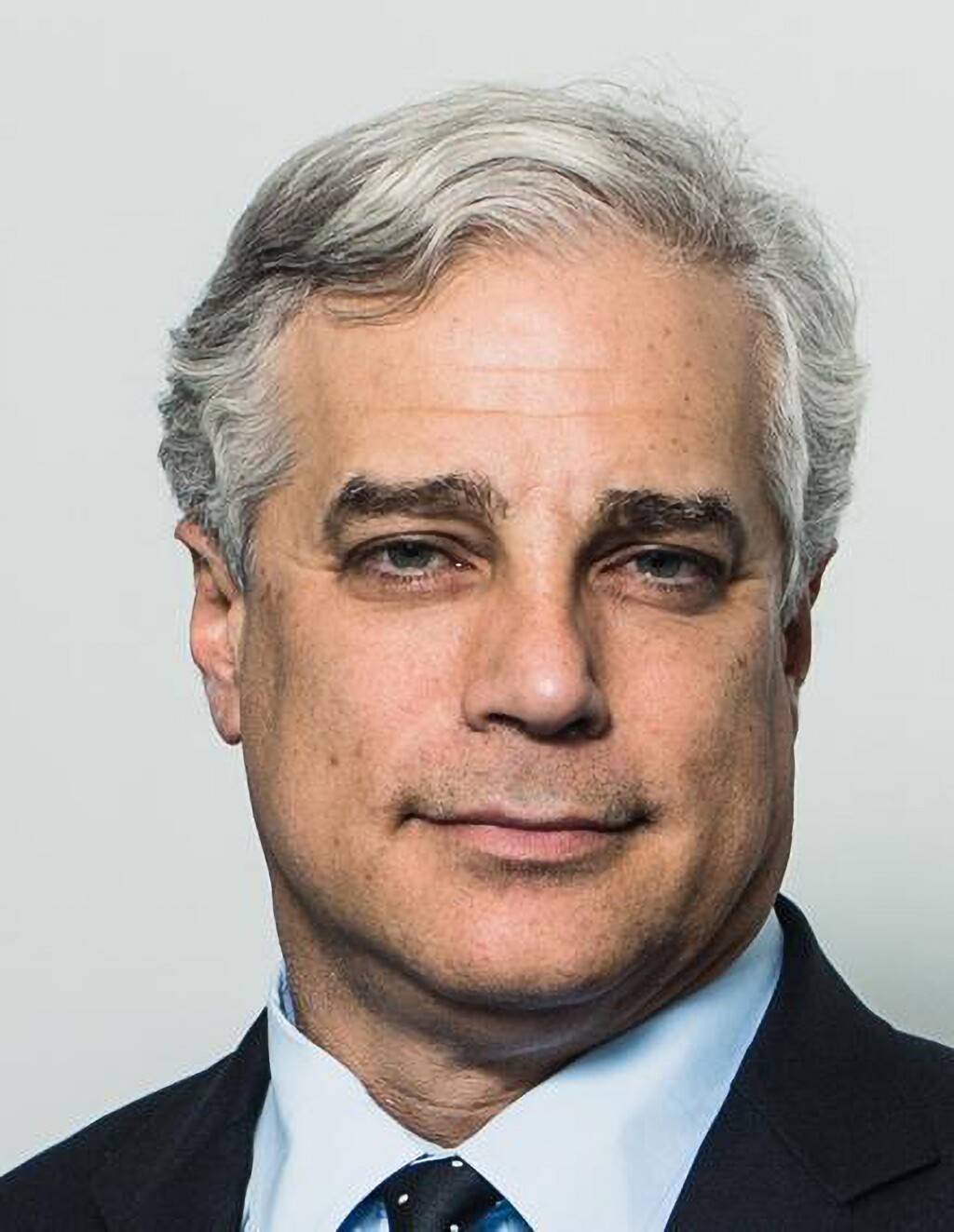Adobe Stock
Nearly two years after
“We didn’t want to push it until we were operationally ready,” Sloane said in an interview.
Newtek, the bank subsidiary of the Boca Raton, Florida-based NewtekOne, is the nation’s
“Zero-fee commercial checking is a growing trend, with fintech companies leading the way,” Swapnil Shinde, CEO of Zeni, a Palo Alto, California-based provider of bookkeeping software, wrote in an email to American Banker. “These accounts appeal to businesses seeking cost savings and straightforward terms, putting pressure on traditional banks to keep up. … The demand for low-cost options means banks will need to find new ways to compete.”
Newtek acquired and rebranded the $208 million-asset National Bank of New York City in January 2023. The bank reported deposits totaling $142 million on Dec. 31, 2022. At the end of the third quarter, due to Newtek’s more active and widespread deposit-gathering efforts, they totaled $745.7 million. Now, Sloane is counting on a further spike with the introduction of Newtek’s zero-fee interest-bearing checking account.

Prior to its $20 million acquisition of NBNYC, Newtek operated as a nonbank business development company, or BDC, relying on the capital markets for funding. Access to lower cost deposits was a key factor in Sloane’s calculation that the company could generate more growth and, ultimately, more profits as a bank.
From a lending standpoint, the move to a banking charter appears to be working. According to SBA, Newtek approved more than $2.1 billion of SBA loans in the agency’s 2024 fiscal year, more than double its production from fiscal 2022, Newtek’s last full year as a BDC. Similarly, tangible book value per share has grown from $7.35 on March 31, 2023, just after the bank conversion, to $9.50 on Sept. 30, 2024.
Newtek’s stock performance has been more restrained. Shares are up nearly 7% year to date, but that jump lags the Keefe Bruyette and Woods Nasdaq Bank index, which has grown nearly 70% since the start of 2024. Sloane is banking on investors, who grew used to the higher dividends Newtek paid as a BDC, warming to the company, if it can successfully transform itself into a high-performing commercial bank.
The new checking account is meant to be a significant step in that direction. “We obviously think this is a big opportunity for people making deposits, particularly business customers, and for the bank,” Sloane said.
Newtek went to work developing a commercial checking product once it acquired NBNYC. The process took as long as it did because Newtek was starting from scratch, Sloane said. “We bought a 61-year-old bank that didn’t have any real digital presence,” Sloane said. “We had to add the software, the people, the processes. We opened our Wilmington, North Carolina, office to make sure we were [Bank Secrecy Act, anti-money-laundering and know-your-customer] compliant.”
To be sure, maintaining a checking account costs money. “You’ve got ACH fees, you’ve got wire fees, you’ve got staffing [costs]. It’s different from a consumer high-yield savings account where the client puts the money in there and doesn’t touch it,” Sloane said. He is counting on Newtek’s higher yielding business model — its net interest margin for the quarter ending Sept. 30 topped 5.2%, well above the 3.16% industry average for the quarter ending June 30, according to Federal Deposit Insurance Corp. statistics — to outweigh the expense.
“The company has a track record of performance and high returns on invested capital over the 20-plus year life as an SBA lender,” analyst Merrill Ross, who covers Newtek for Compass Point, wrote Tuesday in a research note. While Newtek “historically underwrote program loans that were at the higher end of the risk spectrum,” resulting in elevated levels of nonaccrual credits, actual losses have been limited, Ross added.
“This is a great lending business,” Ross wrote.
Sloane and other experts believe more established banks will shift to zero-fee commercial checking strategies, even though doing so will lessen their noninterest revenue streams. “This fee-first approach has run its course,” Joseph Camberato, CEO of National Business Capital, a Hauppauge, New York-based small-business lending platform, wrote in an email to American Banker. “As competition heats up, I think banks will finally realize that deposits are far more valuable than trying to squeeze out fee revenue.”
“The market will gravitate toward this model because it’s too easy to move your money,” Sloane said. “Why would a business leave large sums of funds in a noninterest bearing fee-based account if they’re not receiving any value for it?”

